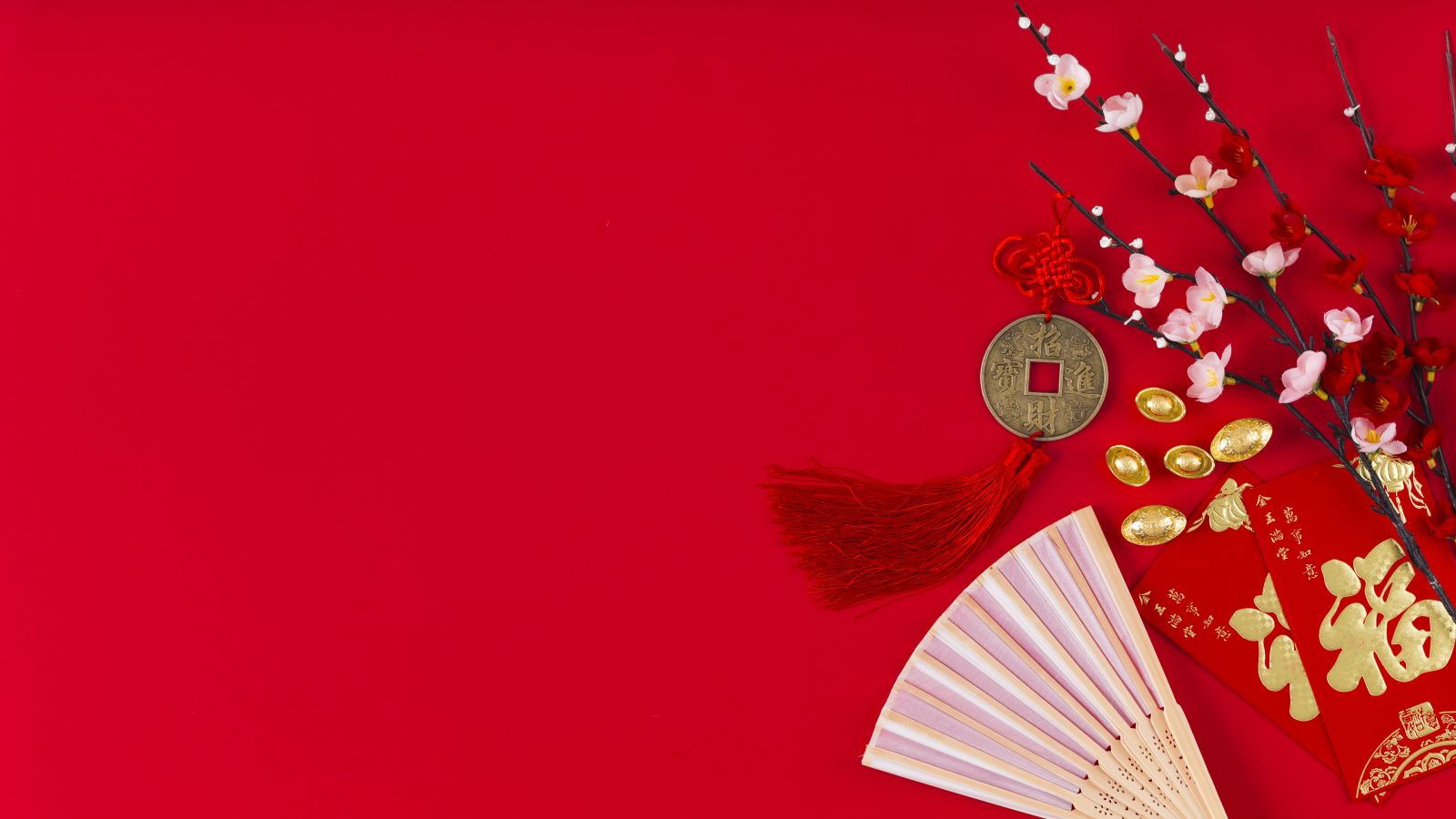Mid-Autumn Festival
Mid-Autumn Festival
The Mid-Autumn Festival, also known as the Moon Festival or Mooncake Festival, is a harvest festival celebrated in Chinese culture. It is held on the 15th day of the 8th month of the Chinese lunisolar calendar with a full moon at night, corresponding to mid-September to early October of the Gregorian calendar. On this day, the Chinese believe that the moon is at its brightest and fullest size, coinciding with harvest time in the middle of autumn.
The Mid-Autumn Festival is one of the most important holidays in Chinese culture; its popularity is on par with that of Chinese New Year. The history of the festival dates back over 3,000 years. Similar festivals are celebrated by other cultures in East and Southeast Asia.
During the festival, lanterns of all size and shapes – which symbolize beacons that light people's path to prosperity and good fortune – are carried and displayed. Mooncakes, a rich pastry typically filled with sweet-bean, egg yolk, meat or lotus-seed paste, are traditionally eaten during this festival.
The Mid-Autumn Festival is based on the legend of Chang'e, the Moon goddess in Chinese mythology.
Etymology
• The festival is so-named as it is held around the autumn equinox on the 15th of the 8th lunisolar month in the Chinese calendar. Its name varies among Sinitic languages, with the most common one being Mid-Autumn Festival or simply Mid-Autumn (中秋), as well as its traditional calendar date, either Fifteenth of the Eighth Month or Half of the Eighth Month, which is more regional.
Other regional names include Eighth Month Festival, used in places such as Northeast China, Southern Fujian, and Jianghuai; Festival of Unity (simplified Chinese: 团圆节; traditional Chinese: 團圓節; Wugniu: doe2-yoe2-ciq7; Nanjingese: tuang2 üän2 zie5), used in Shanghai and Nanjing; and Mooncake Festival (simplified Chinese: 月饼
• 节; traditional Chinese: 月餅節; Jyutping: jyut6 beng2 zit3), used in Guangdong and Hong Kong.
• Chuseok (추석; 秋夕; lit. autumn eve), Korean festival celebrated on the same day in the Chinese and other East Asian lunisolar calendars.
• Tsukimi (月見, lit. 'moon viewing'), Japanese variant of the Mid-Autumn Festival celebrated on the same day in the Chinese lunisolar calendar.
• Moon Festival or Harvest Moon Festival, because of the celebration's association with the full moon on this night, as well as the traditions of Moon worship and Moon viewing.
• Tết Trung Thu (節中秋 in Chữ Nôm), in Vietnam.
• Also known as The Children's Festival in Vietnam. Most festival songs are sung by the children.
• Lantern Festival, a term sometimes used in Singapore, Malaysia and Indonesia, which is not to be confused with the Lantern Festival in China that occurs on the 15th day of the first month of the Chinese calendar.
However, 'Mid-Autumn Festival' is more widely used by locals when referring to the festival in English and 'Zhōngqiū Jié' is used when referring to the festival in Chinese.
• Bon Om Touk, or The Water and Moon Festival in Cambodian. The festival is held each year in November for 3 days.
Meanings
The festival celebrates three fundamental concepts that are closely connected:
• Gathering: Such as family and friends coming together, or harvesting crops for the festival. It is said that the Moon is the brightest and roundest on this day which means family reunion. Consequently, this is the main reason why the festival is thought to be important.
• Giving thanks: To give thanks for the harvest, or for harmonious unions through activities like giving mooncakes to each other.
• Praying (asking for conceptual or material satisfaction): Praying for things such as babies, a spouse, beauty, longevity, or a good future.
Traditions and myths surrounding the festival are formed around these concepts, although traditions have changed over time due to changes in technology, science, economy, culture, and religion.
https://en.wikipedia.org/wiki/Mid-Autumn_Festival


